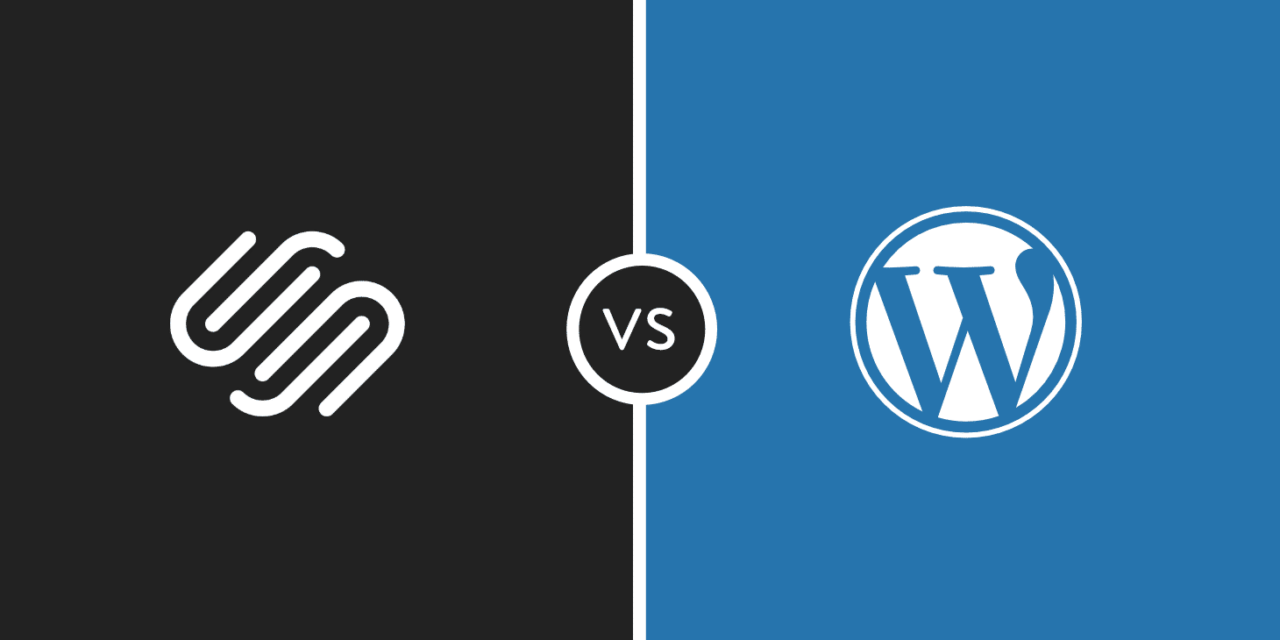Your website is often your first impression on a client. It is a digital storefront, and the same principles apply: the design needs to attract customers, communicate a message about your brand, be navigable for their needs, and demonstrate responsiveness to interest. In the digital age, a quality website drives sales.
For entrepreneurs and professionals that are new to web development, it can be a natural challenge to understand the differences in platforms and design tools. Low-cost, simple to operate, and commercially promoted options are a common first step in the investigative process, and ostensibly present a too-good-to-pass-up proposal. Like other investments, though, the resources you invest into a website correlate strongly with the return on that investment.
It is our recommendation that WordPress provides a holistic value that outmatches its competitors. Notably, we are not the only ones that think so: WordPress is the most popular online publishing platform, with thirty-two percent of the web powered by it. And there a few good reasons why:
Customizable
The value of a custom website is a competitive advantage: a unique, attractive website adjusted to your unique brand/product/service sets you apart from the competition. In a competitive industry, type To generalize, website builders like Wix are easier to use but less customizable, while WordPress typically has a steeper learning curve but is highly customizable. WordPress plugins can also be included in your website to add advanced features like analytics, contact forms, membership area, and more.
Just like themes, there are thousands of free and premium plugins available for you to use. To learn more, see our article on what are WordPress plugins and how do they work.
Ease of Use
- WordPress is amenable to the professional web developers and non-tech savvy folks alike.
- Functionality
- Ability to drive sales
- Professionalism
- Aesthetics
- Editability/Flexibility
They also include hosting— so you don’t have to set up a web host— but that means you can’t ever move your website off of Wix and on to a new web host.A CMS like WordPress has a steeper learning curve but is highly customizable. You need to setup WordPress on a web host— though that’s less intimidating than it sounds (there are plenty of hosts offering 1-click WordPress installation). WordPress is open-source, which means it’s free for anyone to use and modify (though hosting, themes and plugins can all cost money).
Open v closed
Features
Themes
The accessibility of the internet means prospective clients often review your website before


